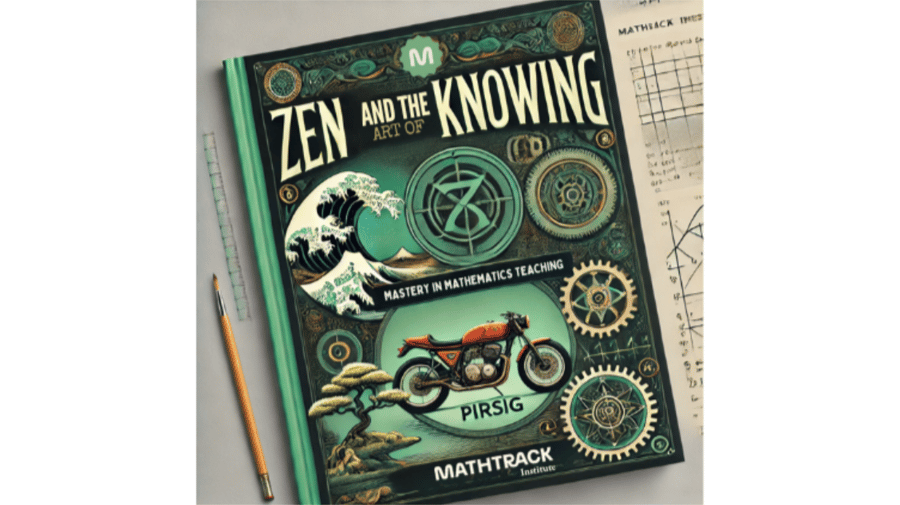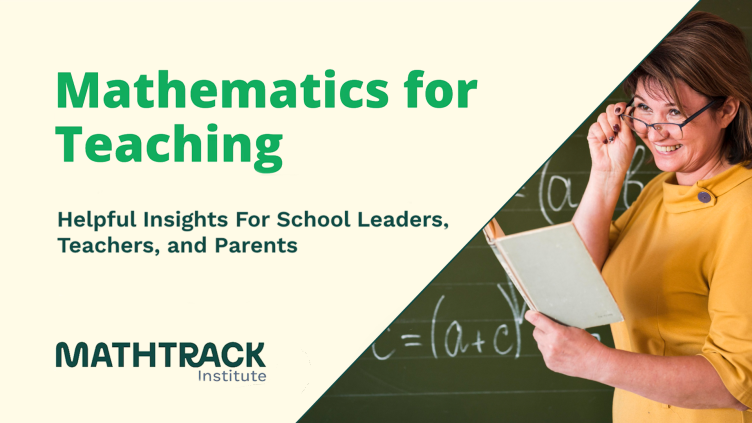Building a Stronger Talent Pipeline for Your Community
Today, our communities' schools grapple with the challenge of recruiting and retaining K-12 teachers at a time when cultural forces have battered the work. This is a problem that transcends geographic boundaries. Even the highest-resource schools and districts are struggling to find teachers. While the traditional pipeline still provides 75% of new teacher entries, its year-over-year decline has created a sizable gap, creating the need for additional solutions. This decline adds up in certain areas more than others, such as mathematics, which since 2012 has seen a cumulative decline of 30,000 new teachers being prepared (10% of the entire math teacher workforce).
But there is hope. Communities have individuals willing to step into the classrooms; the challenge lies in creating a clear and accessible pathway to transform their passion into effective, licensed educators.
So, the obvious question you’re likely asking is, what are my options as a school leader?
Consider first that it is pragmatic to believe that plenty of people want to teach in your schools but may not have the credentials yet to be viable. Think of your parents, paraprofessionals, volunteers, strategic interventionists, tutors, and others. Think of your own students coming out of high school. That last point may surprise you, but Susanna Loeb and her co-authors released a study on this that has been cited by peer-reviewed journal articles nearly 900 times.
"Teachers express preferences to teach close to where they grew up and controlling for proximity; they prefer areas with characteristics similar to their hometown." (LINK)
If we revisit the notion of the declining year-over-year of the traditional pipeline, it is easy to see that rural and urban districts have few options without new solutions being created. It's a matter of numbers, proximity, and choice that work against these districts for talent. But there are choices emerging.
CHOICE 1: Professionals in your community that are considering teaching as the next stage of their career and family.
There are many professionals in your school's community who already have bachelor's degrees. They may be considering teaching at this stage of their career for many reasons and would love to work close to where their children go to school and after-school extra-curricular activities. Reformers and legislators have paved the way in the last 10 years for these professionals to become expert teachers through Transition to Teaching (T2T) programs. The knock on these programs is that many are generalists in their preparation. Unlike MathTrack, which only focuses on developing high-quality mathematics educators, many focus on pedagogy that is non-content specific and mistake pre-qualified content knowledge as "good enough" for the work of teaching. Despite these potential shortcomings, they represent a cost-effective and quick way to fill your talent needs.
CHOICE 2: Professionals in your community that have not yet achieved a bachelor's degree.
If they do not yet have a bachelor's degree, then there is gaining momentum for professionals to get their bachelor's degree by teaching. The apprenticeship-based bachelor’s degrees for teachers, led nationally by Reach University and its leaders like Mallory Dwinal-Palisch, Joe E. Ross, and Anastasia Wickham, Ph.D. have blazed the trail for regionally accredited degrees that people can obtain by making the choice to teach in their community. MathTrack Institute has led in the Sciences, focusing on preparing mathematics teachers so that the degree you obtain by choosing to teach in your community is a Bachelor of Science. Here, the business model and funding mean that teachers can obtain their bachelor's degree while working full-time with salary and benefits. This pathway costs a fraction of the traditional pathway, where the undergraduate program is often less than $10,000 out of pocket. An amazing return on the investment for these professionals choosing to teach in your schools.
CHOICE 3: Students that are in your school or district's community now can be your teachers in the future.
You may already have cadet teaching programs in your school or district. This may not yet be optimized, though, in an effort to recognize that these students are your future professional teachers. Pre-apprenticeship is a program or set of strategies designed to prepare individuals for entry into Registered Apprenticeship Programs (RAP) or apprenticeship-based degree programs. The innovative approach of apprenticeship-based bachelor’s degrees offers a solution by providing a pathway for your current students to earn dual credit while in the cadet teaching experience. Then, they are prepared to be hired into paraprofessional professional positions post-high-school graduation in your district while obtaining their bachelor’s degree. This means that your students, by the time they are 21 or 22, will have 4 years of experience teaching, a bachelor's degree, and a professional license to teach, all while not accumulating any student loan debt. A true grow-your-own talent program option would provide an incredible opportunity for your school or district and the students you serve.
CALL TO ACTION
At MathTrack, we concentrate on providing these options for your mathematics teacher talent. If you want to learn more, contact us or reach out to me directly through LinkedIN. If you'd like to learn more about other options for your teacher talent, please reach out to us or our friends at Reach University or the National Center for Grow Your Own (NCGYO).
Subscribe to Our Newsletter

Zen and the Art of Knowing: Mastery in Mathematics Teaching

